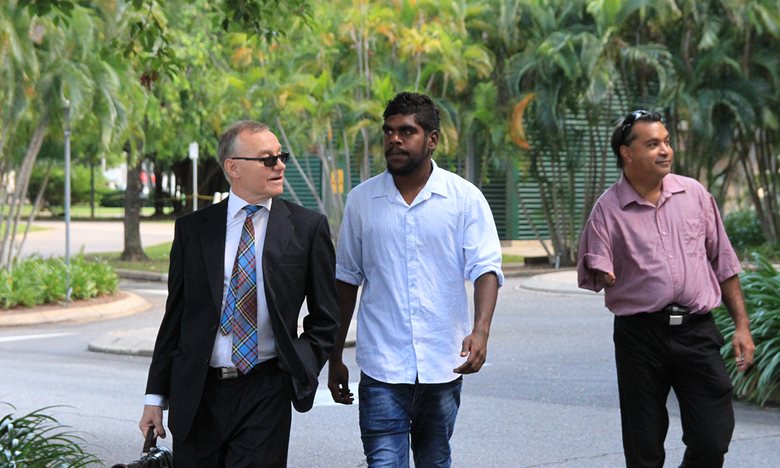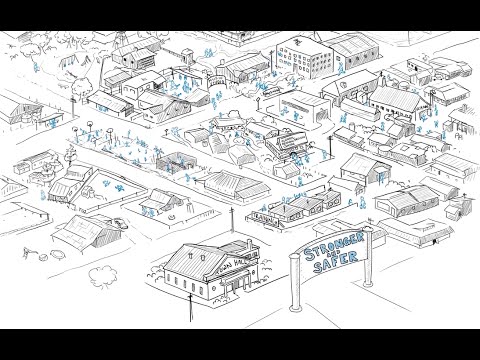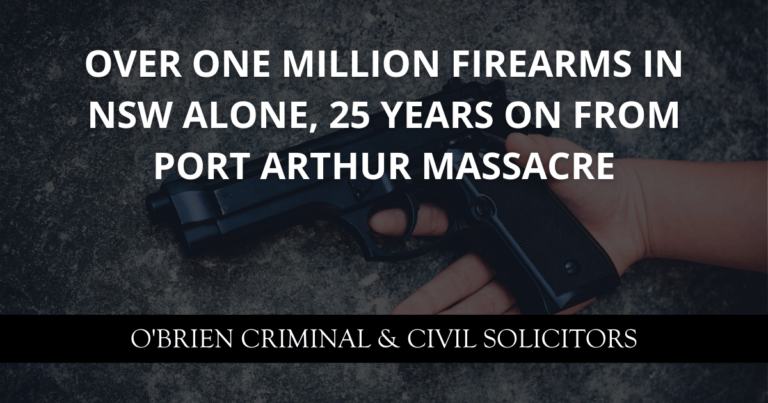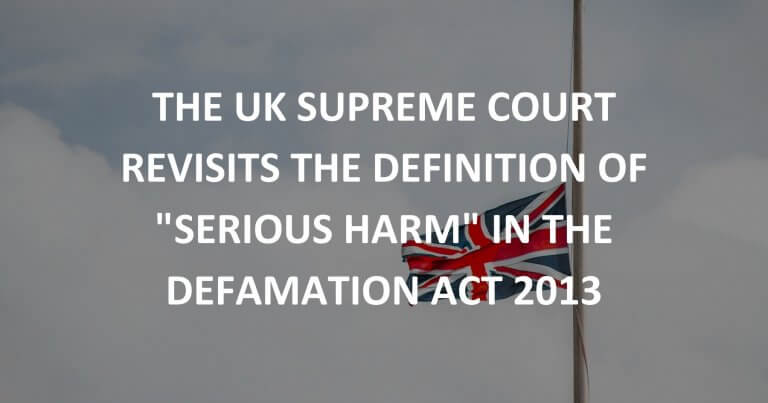The first substantive day of hearings of the Royal Commission into the Protection and Detention of Children introduced a few of the larger themes that the commission will be dealing with. Those themes are:
The “Inquiry Mentality”
A key concern amongst Indigenous leaders is that the current royal commission will merely be another talkfest (the comparison that is frequently drawn is with the Royal Commission into Aboriginal Deaths in Custody, the recommendations of which remain largely unimplemented). Peter Callaghan SC, counsel assisting the commission, tackled this concern head-on in his morning address:
“do we need to confront some sort of inquiry mentality in which investigations are allowed as a substitution for action and reporting is accepted as a replacement for results? The bare fact that there has been so much said and so much written over such a long time is suggestive of a persistent failure that should not be allowed to endure.”
We have previously written that, when it comes to recommendations, there will always be a gap between what is best and what is achievable – and that Mick Gooda and Margaret White know this. Gooda has said that he “shares the community’s fatigue with reports that achieve no change.” Setting up the Royal Commission into the Protection and Detention of Children was the threshold step; the ultimate test for this royal commission will be in the days and weeks following the release of the recommendations.

An Indigenous Inquiry
While the inquiry is not explicitly about Indigenous rights, the fact that 95% of juveniles detained in the Northern Territory are Aboriginal means that this commission will necessarily be an inquiry into systemic disadvantage within the Northern Territory. Again, Callaghan cut straight to the point when he said that while 30% of the NT population was Indigenous, almost all of the children in detention and 86% of children subject to care an protection orders in 2014/15 were Indigenous. In fact, Aboriginal people are over-represented in almost all of the metrics you don’t want to be over-represented in, including suicide and serious illness. Areas of Indigenous disadvantage overlap and compound each other. These “medico-social issues” will be examined by the royal commission, as they should be.
Human Rights and Children’s Rights
Most of today’s time were taken up by a marathon testimony from Megan Mitchell, the Children’s Commissioner at the Australian Human Rights Commission. Early on in her evidence Mitchell made the statement that “human rights are not rocket science, they’re pretty basic things that we would all understand that everybody needs to do well in life.” When it comes to the human rights of children in particular, one has to factor in another basic idea: “Children, by their nature, are developmentally vulnerable.”
As Mitchell stated, children are already at a relative power disadvantage compared to adults, so when children are placed in institutions that compound the hierarchies of control those kids are at much greater risk of voicelessness and abuse. Exacerbating this risk is the fact that when you incarcerate children you take them away from “their family and their natural advocates.”
Moving from the abstract to the practical, Mitchell made several concrete recommendations for ensuring the rights of children in detention centres. They were:
- “Strong and robust oversight” of prison systems and guards, including the ability to make complaints. The right to make complaints must be well understood by child inmates.
- “Well-trained and well-recruited staff who understand human rights” (the original Four Corners program revealed that some of the guards at Don Dale were former cage-fighters who had had as little as four days training before being placed in charge of children).
- “Access to family on a regular basis” (for Indigenous youth, this right should also be extended to include continued access to one’s culture)
- Access to independent legal advice and external legal remedies
- Access to appropriate education
Justice Reinvestment
O’Brien Solicitors’ principal, Peter O’Brien, asked Megan Mitchell, If we tackled children’s problems when they were younger, could juvenile detention centres be obsolete?
This is essentially a question about justice reinvestment: the diversion of money away from prison and into communities, aimed at stopping crime before it happens (for a quick explainer, check out this NAAJA video). Justice reinvestment was the focus of a recent Four Corners program and is objectively a good idea – and as this royal commission wears on, more and more people will come to realise just how important an idea it is.

Mitchell’s reply was “Probably. Most of the risk factors that predispose children to a pathway into the justice system are fairly obvious from a young age. [If we could deal with those factors at a young age] I think we would be a much better position to ensure that children don’t end up in the juvenile justice system in the first place.”
Earlier in her evidence she also made the remark that “being in a jail is not good for kids. At the end of the day it mostly entrenches criminal identities and associations and, for mine, that’s not a good investment in kids.”
Practical Difficulties
The evidence of the second witness, Carolyn Richards (the former Northern Territory Ombudsman), was unfortunately interrupted by technical difficulties. While I don’t want to say that a dodgy Skype connection is proof of an impaired royal commission, these kinds of technical delays don’t do anything to alleviate concerns about the royal commission’s tight timeline. The royal commission has only 25 public sitting days scheduled in before it has to produced its report in May next year. At 25 days, this royal commission has been called the “speediest in history”.
Many groups have already raised concerns about short timeframe of the royal commission, including the commissioners themselves. There have been tentative signs that the commission may request an extension of time, and George Brandis today said that such a request would be looked at “sympathetically”. When the royal commission was first announced, the incredibly intelligent Gillian Triggs made the suggestion that the commission be conducted in two phases: the first phase to produce a quick report into the Don Dale abuse, and the second phase to look into youth detention more generally. In our respectful submission, Mr Brandis, the two-tiered approach is still a very good idea.
Media contact: Please contact our office at the number below.
:contactOBS:
-
Peter O'Brienhttps://obriensolicitors.com.au/author/peterob/
-
Peter O'Brienhttps://obriensolicitors.com.au/author/peterob/
-
Peter O'Brienhttps://obriensolicitors.com.au/author/peterob/
-
Peter O'Brienhttps://obriensolicitors.com.au/author/peterob/






